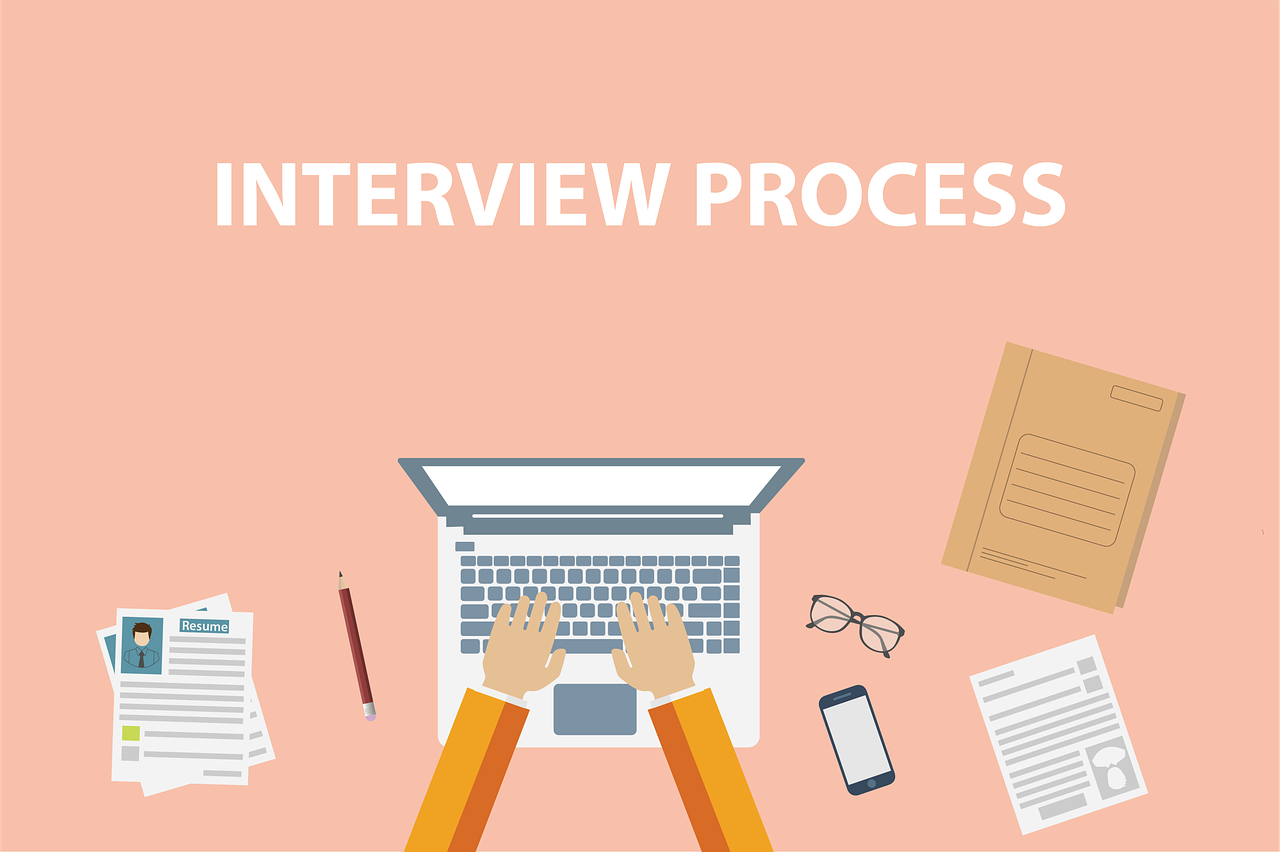
Among these changes, the State Department has limited the categories of non-immigrants who are eligible to receive waivers of the in-person interview requirement.
Moving forward only the following individuals may qualify:
- Applicants classifiable under the visa symbols A-1, A-2, C-3 (except attendants, servants, or personal employees of accredited officials), G-1, G-2, G-3, G-4, NATO-1 through NATO-6, or TECRO E-1;
- Applicants for diplomatic- or official-type visas; and
- Applicants who previously held a visa in the same category that expired less than 12 months prior to the new application
Additionally, those seeking interview waivers must also meet the following requirements:
- apply in their country of nationality or residence
- have never been refused a visa (unless such refusal was overcome or waived); and
- have no apparent or potential ineligibility.
Previously, non-immigrant visa applicants applying for visa renewals in the same visa category could seek an interview waiver if their visa was expiring within 48 months. The Trump administration has now cut this time to just 12 months.
This means that renewal applicants with visas that expired past the 12-month window will be required to attend in-person interviews at a U.S. Consulate or Embassy.
These visa restrictions along with Trump’s recent executive order requesting Consulates to fire visa officers and local employees, means that wait times for visa appointments will drastically increase, especially in countries already facing severe backlogs.
The State Department has said that visa renewal applicants who qualify for an interview waiver based on the previously stated guidelines may still be required to attend an in-person interview by the Consulate. This is because the interview waiver process is discretionary. It is never guaranteed.
Why were these changes made to the Visa Interview Waiver Program?
The Visa Interview Waiver program was expanded during the peak of the COVID-19 pandemic to streamline the visa process without requiring in-person contact. Consulates broadly used their discretion to grant these waivers because it was mutually beneficial for U.S. Consulates to alleviate the high visa backlogs, while making the renewal process easier for qualifying applicants.
How should Work Visa applicants and Employers prepare for renewals?
In light of these new restrictions, work visa applicants who do not qualify for interview waivers should expect longer wait times to receive a visa interview appointment.
To minimize delays in the visa renewal process, work visa applicants and employers should consider:
- Verifying their eligibility for an interview waiver by submitting their applications as early as possible. Recall that the interview waiver policy is discretionary. Even those who qualify may still be required to attend an in-person interview at a U.S. Consulate.
- Plan as early as possible to file your visa application, giving yourself additional time in case of an interview, as well as increased vetting, requests for evidence, or being placed in 221(g) administrative processing.
- Employers and work visa applicants must consider working closely with an immigration attorney, especially where international travel is necessary for work. This will ensure all parties understand the risks, potential for future travel bans, and the estimated amount of time for re-entry.
Those who received interview waivers prior to the February 18th announcement should contact their U.S. Consulate to ensure they remain eligible for the waiver. Reports have surfaced that applicants who were previously approved for an interview waiver, but have not yet received their visas, have been required to attend in-person interviews.
Conclusion
These restrictions are a departure from the interview waiver policy implemented under the Biden administration. The potential for future travel bans is an added risk that employers and visa applicants will need to consider before engaging in foreign travel. This is especially important for applicants with nationalities that were previously subject to the “Muslim” travel ban such as Iran, Iraq, Libya, Somalia, Sudan, Syria, Yemen, and Venezuela.
For more information about this update, please click here.
Contact Us. If you would like to schedule a consultation, please text 619-483-4549 or call 619-819-9204.
Helpful Links
- State Department Interview Waiver Update
- US embassies told to prepare for staff cuts as Trump overhauls diplomatic corps, sources say
- Executive Order “One Voice for America’s Foreign Relations”
- DHS cuts at least 405 employees from workforce
- Justice Department fires 20 immigration judges from backlogged courts amid major government cuts
- Know your Rights if ICE visits your home or workplace
- Know your Rights Card (English)
- Know your Rights Card (Spanish)
- ICE Online Detainee Locator System
- ICE Immigration Detention Facilities
- President Trump’s Day One Executive Orders
- March 2025 Visa Bulletin
- Adjustment of Status Filing Dates from Visa Bulletin
- USCIS Processing Times
- ImmigrationLawyerBlog
- ImmigrationU Membership
- Success stories
- Youtube channel
JOIN OUR NEW FACEBOOK GROUP
Need more immigration updates? We have created a new facebook group to address the impact of the new executive orders and other changing developments. Follow us there!
